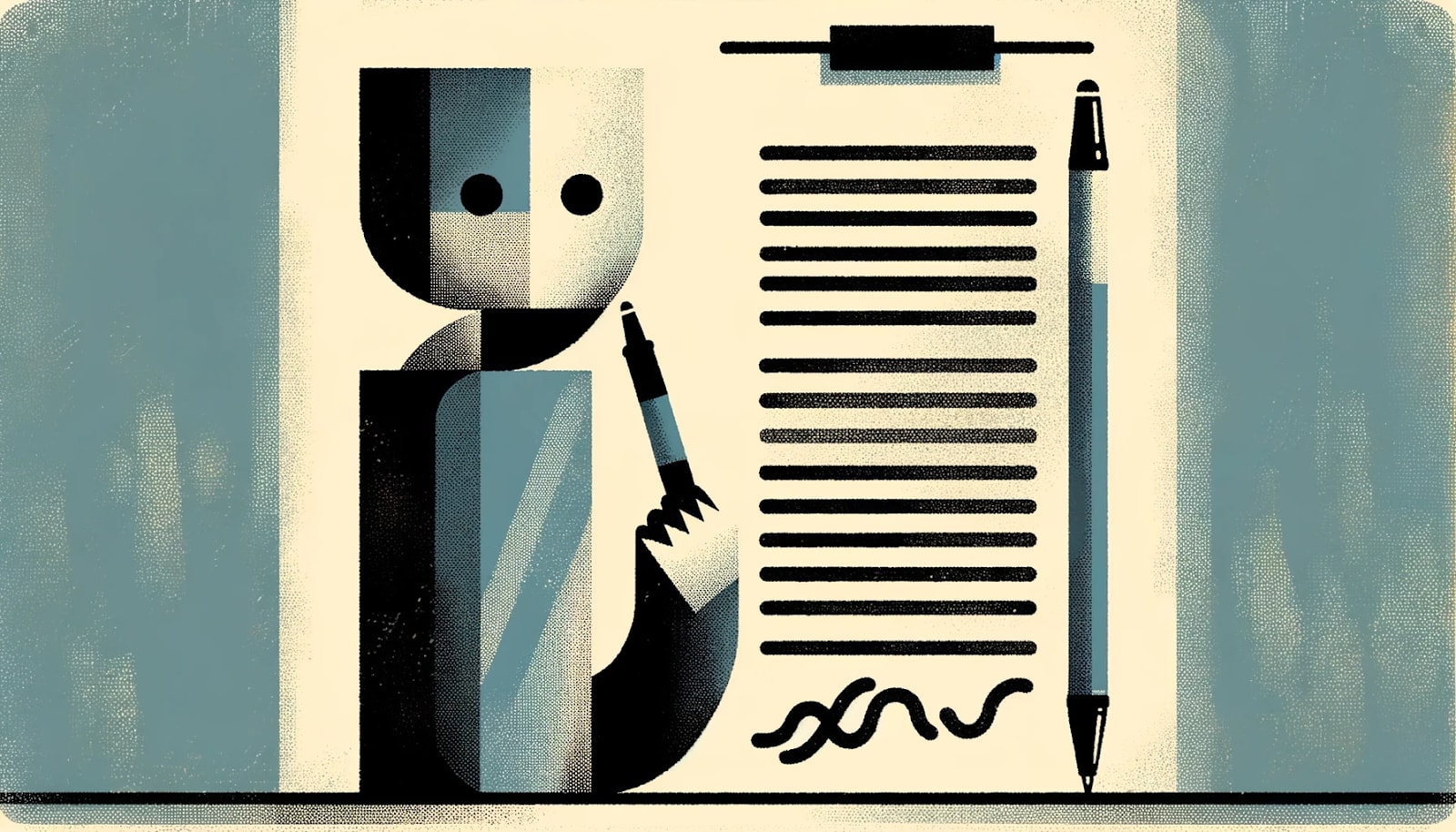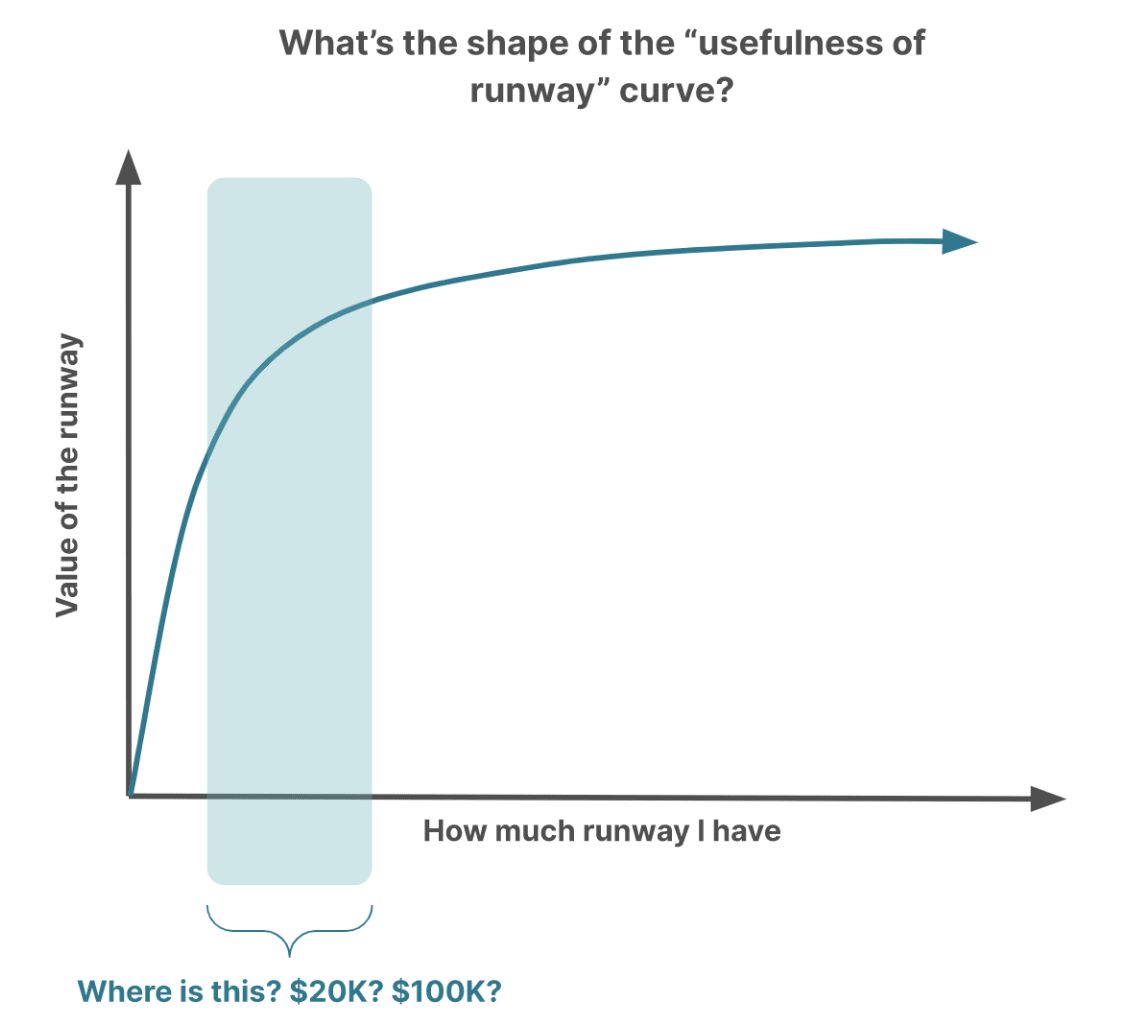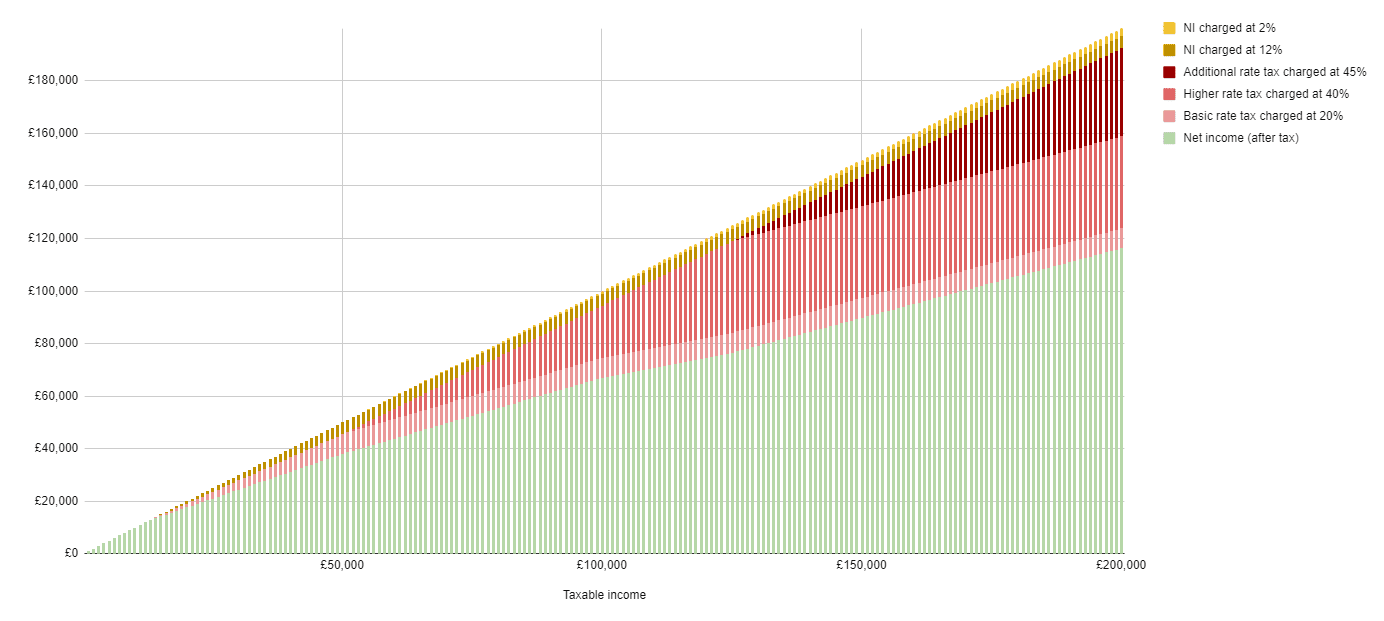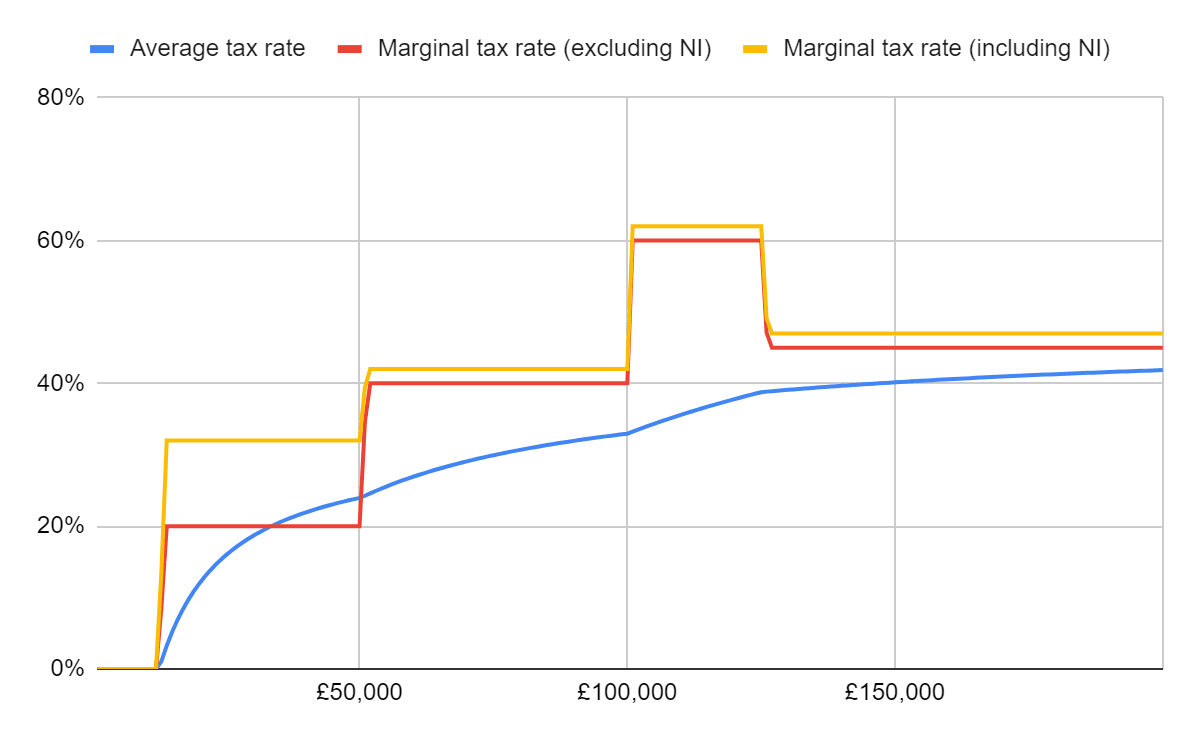This is a belated (and rough/short!) post for Effective Giving Spotlight week. The post isn’t meant to be a criticism of GWWC or of people who have taken the pledge[1] — just me sharing my thoughts in the hope that they’re useful to others or that I’ll get useful suggestions. Also, since I drafted this, there’s been a related discussion here.
I donate, and I’ve sometimes thought about taking a GWWC pledge, but haven’t taken one yet and don’t currently think I should. The TL;DR is that I’m worried about (1) runway and (2) my life changing in the future, such that donating more would be unsustainable or would trade off in bad-from-the-POV-of-my-EA-values with direct work.
Longer notes/thoughts
I’m currently prioritizing “direct work”. That doesn’t mean that I can’t donate (and in fact I do and enjoy doing it when I do), but I’m worried about committing to donating in a way that would lead me to make poor tradeoffs in the future. Signing the pledge seems like a serious commitment.
In particular, I’m thinking about:
1. Having enough runway[2]
- Runway seems important (and has been discussed a fair bit before, see e.g. here and more recently).
- … for potentially starting something on my own, or taking a poorly paid (or unpaid) opportunity to upskill
- E.g. going into a Master’s program, taking a sabbatical to see if I can build up a new idea, etc.
- … for epistemics & independence
- E.g. if I was worried about EV/CEA/the usefulness of my work, I can imagine leaving without another opportunity lined up, so I’m relatively free to consider what’s wrong at EV/CEA (otherwise this would be really stressful to think about). If I had no runway at all, I’d have a much harder time thinking about leaving. [Edit: see an elaboration on this point in this comment.]
- … for potentially starting something on my own, or taking a poorly paid (or unpaid) opportunity to upskill
- To the extent that donations trade off building runway, I should factor that in.
- I.e. if the alternative to donations right now is saving money, and I’m below where I should be for having enough runway, that means donations are in some sense more costly. It doesn’t mean I shouldn’t donate in any situation until I've hit my runway target, just that the bar is probably higher for me right now.
- How much runway someone should have (i.e. the shape of the “usefulness of runway” curve[3]) is confusing to me — I’d be interested in hearing what others think.
2. My life changing in the future, such that donating more would be unsustainable or would trade off in bad-from-the-POV-of-my-EA-values with direct work
- I have a family that I may need to support in some circumstances. I’ve thought about (not-too-unlikely) scenarios in the coming years where I might face a choice between having drastically less time for my work, spending significant amounts of money, or not fulfilling my family obligations in a way that I think is bad. (Being there for my family is one of my core values/goals.)
- And I probably want kids. If I have a child (or multiple children), I think there are many worlds where it would be better for me to be able to do something like hire a part-time nanny or pay for other services that would allow me to work more. (See this recent post!)
- Not committing to donating a certain amount every year might mean I can make better tradeoffs in situations like these.
3. Some worries about my thinking
- My reasoning might be motivated: I might be fooling myself into thinking that I shouldn’t take the pledge because that would be less stressful for me.
- Value drift: I’m worried that my future self might not donate for reasons that I don’t endorse. But I’m not too worried about that right now.

- ^
I'm really grateful to (and impressed by) the folks who've taken a donation pledge and who donate a lot.
- ^
Runway is less specifically related to the question of whether to take a pledge, vs. just the choice of whether I should donate at any given point, but it’s something I’m thinking about as I think about whether I should take a pledge.
- ^
Here's a sketch of what I mean:
I’m also not sure I’m even tracking the considerations that might be most important for determining this curve for myself or in general.






Thanks for clarifying, Lizka. Just for clarity on what follows - I absolutely don't think you're thinking this through in bad faith, so I don't want to come across as suggesting that. I do wonder if there might be some blind spots in your reasoning though, so I'm testing out the following to shine a light into those grey areas.
-
On your point 1 - what if was just "before my expected natural death/in my will"? I guess my point is: would you accept that it's reasonable to pledge to give away financial resources that you ultimately didn't need, after they had provided you with a safety net throughout your life?
More generally: I see your reasoning here but I think my reaction is still as follows. You want financial security to protect you in various scenarios, one of which is to protect against biases. There might be other ways to protect against these biases (your point 3.c is basically my point of view, for example - you definitely could blow the whistle on your employer anyway, even if you've donated some portion of your income over time, although I agree that this is harder on the margin if you're more financially dependent on your employer).
Ultimately, in each of the scenarios you outline, you're deciding whether to donate based on how you weigh one set of benefits (e.g. avoiding bias if your employer goes rogue) over another one (donating the money effectively).
Some of your scenarios seem completely reasonable to me (e.g. "I could donate but I want to make sure I can provide financial security to my family first."). Candidly, though, I think there is a strong whiff of motivated reasoning when the argument is something like "I could pledge to donate my money, but what if life expectancy has gone up to 150 in the future and I might need it?", or "I could pledge to donate my money, but what if my employer turns out to be net negative and I don't feel able to do anything about it because I didn't keep my resources to get financial security?".
It seems to me that if we allow this level of speculation in the justifications for not donating, we have to conclude that no one should ever be expected to donate anything, because clearly we could always construct some plausible scenario where they later regret doing that. (To put it a different way, this line of reasoning seems very vulnerable to reductio ad absurdum.)
In reality, lots of people donate 1-10% of their income, and I have never actually heard of someone who suffered significant hardship and said "if only I had not donated that money, I'd have been fine" (although NB: these people clearly could exist - I'm just sceptical that it's true in the vast majority of cases).
For one thing, most affluent people in high-income countries spend at least 1-10% of their income on stuff they clearly don't need. So for these arguments to be convincing, I'd also need to be convinced that you are spending 100% of your income either on essentials or on savings or investments. I have no idea about your financial circumstances, so that could be true. In my own life, it definitely isn't true. So if I said "well, I could donate 10% of my income, but that would undermine my financial security", this would be a false choice. I'd be better off not getting Ubers or takeaway food so often, joining a cheaper gym, drinking less wine and putting that money into savings; and donating the final 10% anyway. (Another way of putting this - people tend to theorise about this as if they are making decisions on the margin, but we are almost never, ever, ever actually acting on the margin.)
In summary, I guess every time we decide to keep a unit of resources to ourselves rather than donate it, we tell ourselves some form of justification for that. It's just that I tend to view justifications that are second- or third-order insurances with suspicion, because they look and sound a lot like "I'm going to keep even the final 1% of my income to myself but it's not for my own benefit, it's for impact".